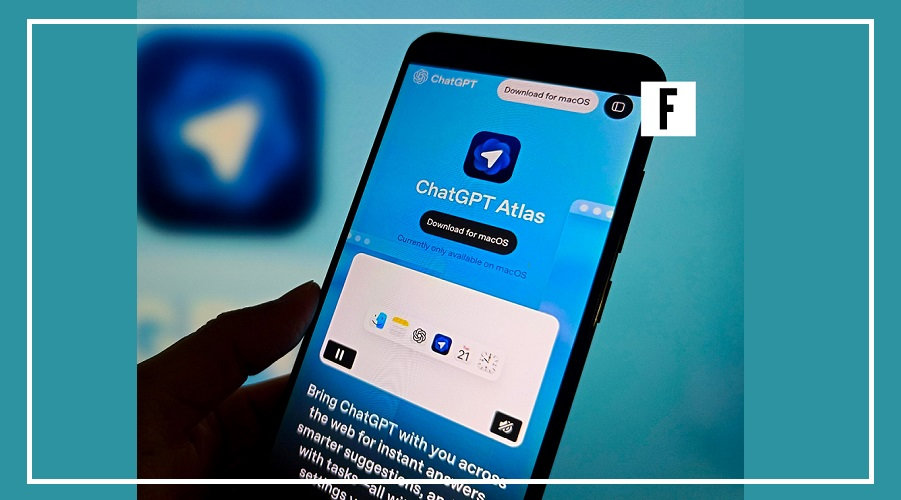OpenAI has officially entered the browser wars with Atlas, a next-generation, AI-powered browser.
Built on ChatGPT’s intelligence, Atlas aims to change the way people navigate the web.
It offers interactive browsing, combining productivity, personalization, and automation — and directly challenges giants like Google Chrome and Perplexity’s Comet.
Key Features of Atlas: Chat, Memory, and Agent
Atlas comes with three groundbreaking features that set it apart from traditional browsers:
Chat: Summon ChatGPT on any website to draft emails, summarize pages, compare products, or analyze data in real time.
The AI stays context-aware, acting as your personal assistant throughout your browsing session.
Memory: Atlas remembers your past conversations and browsing activity.
You can ask context-based questions like “Summarize the job listings I viewed last week” or “List all travel sites I visited for Europe plans.”
Agent Mode: This powerful feature lets ChatGPT perform tasks for you, such as researching, booking tickets, or planning events.
Currently, it’s available only for ChatGPT Plus and Pro subscribers.
Privacy and AI-Powered Search
OpenAI has emphasized privacy safeguards.
ChatGPT Agent operates only within browser tabs and cannot access your computer files or run code.
You can also use Incognito Mode to prevent memory saving or manage and delete stored data anytime through settings.
Atlas also replaces traditional search engines with ChatGPT Search, providing conversational responses while keeping a familiar search layout.
This gives users a mix of AI insights and search engine utility.
Availability and Future Plans
Atlas is currently available for Mac users, with Windows and mobile versions in development.
With this launch, OpenAI is positioning ChatGPT not just as an assistant, but as a central part of the modern web, marking the start of AI-native browsing.

























